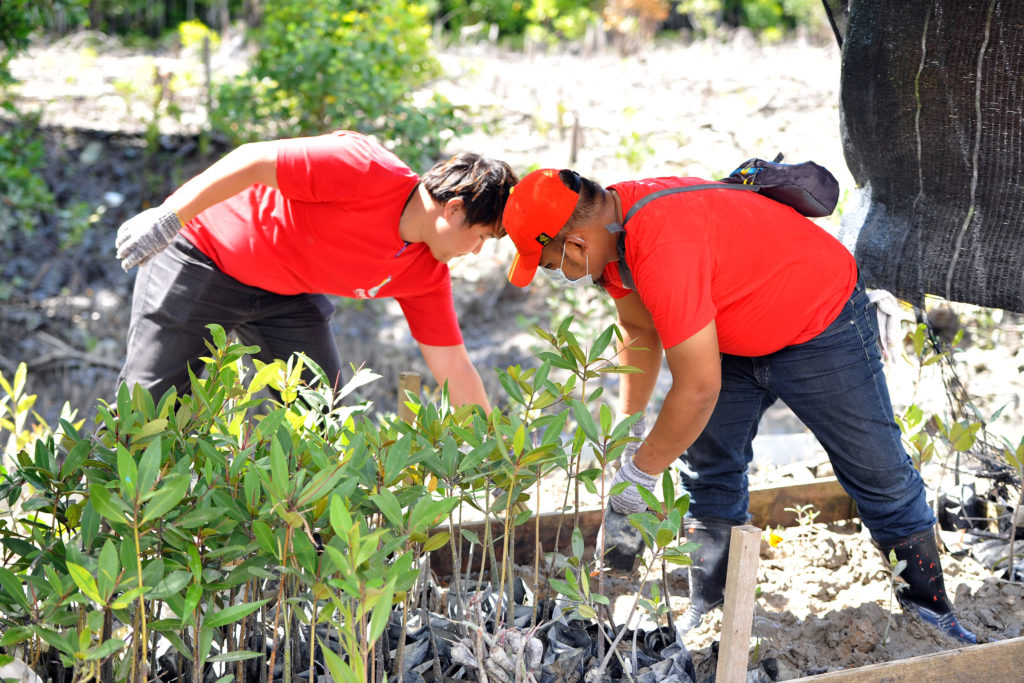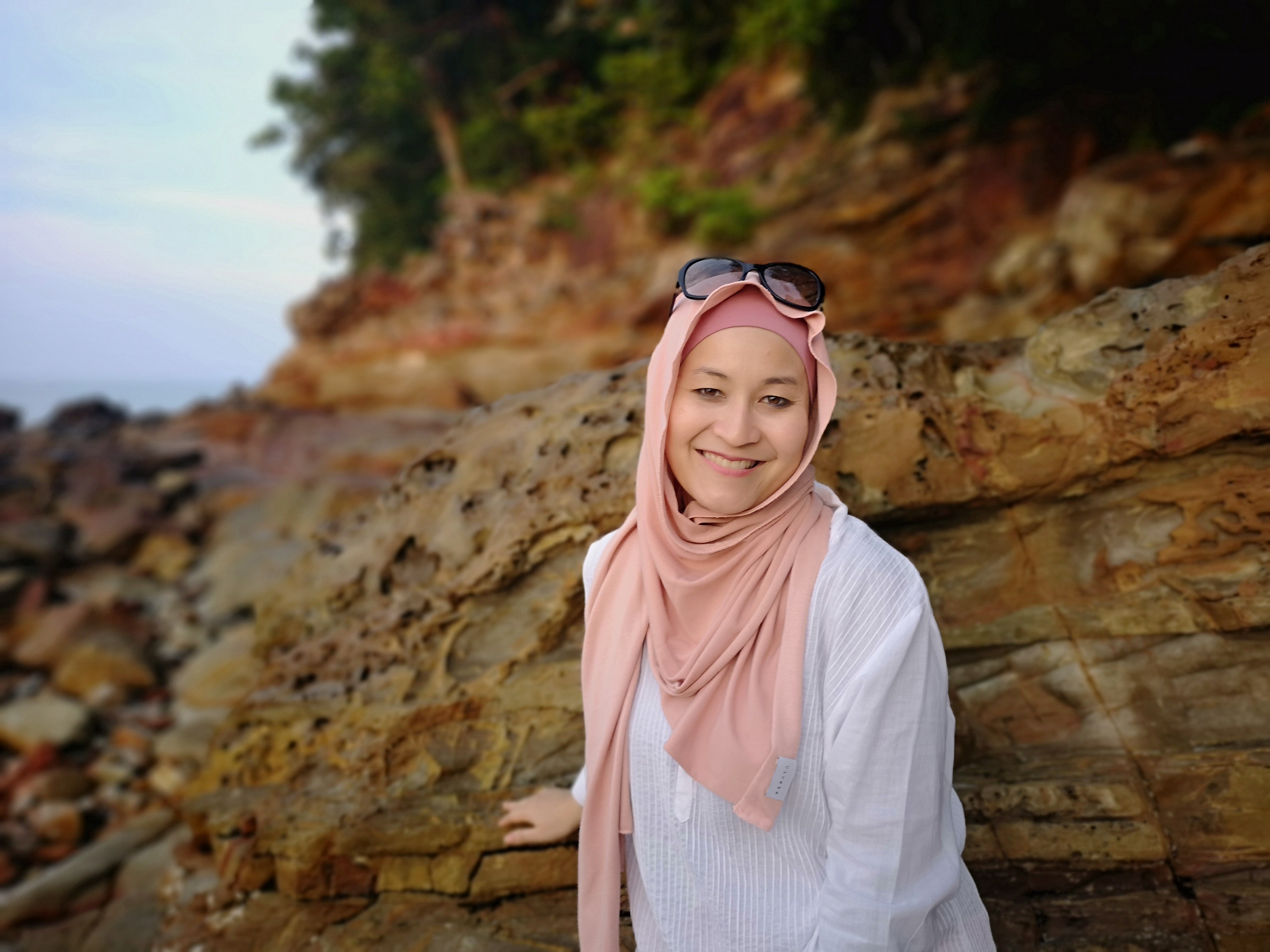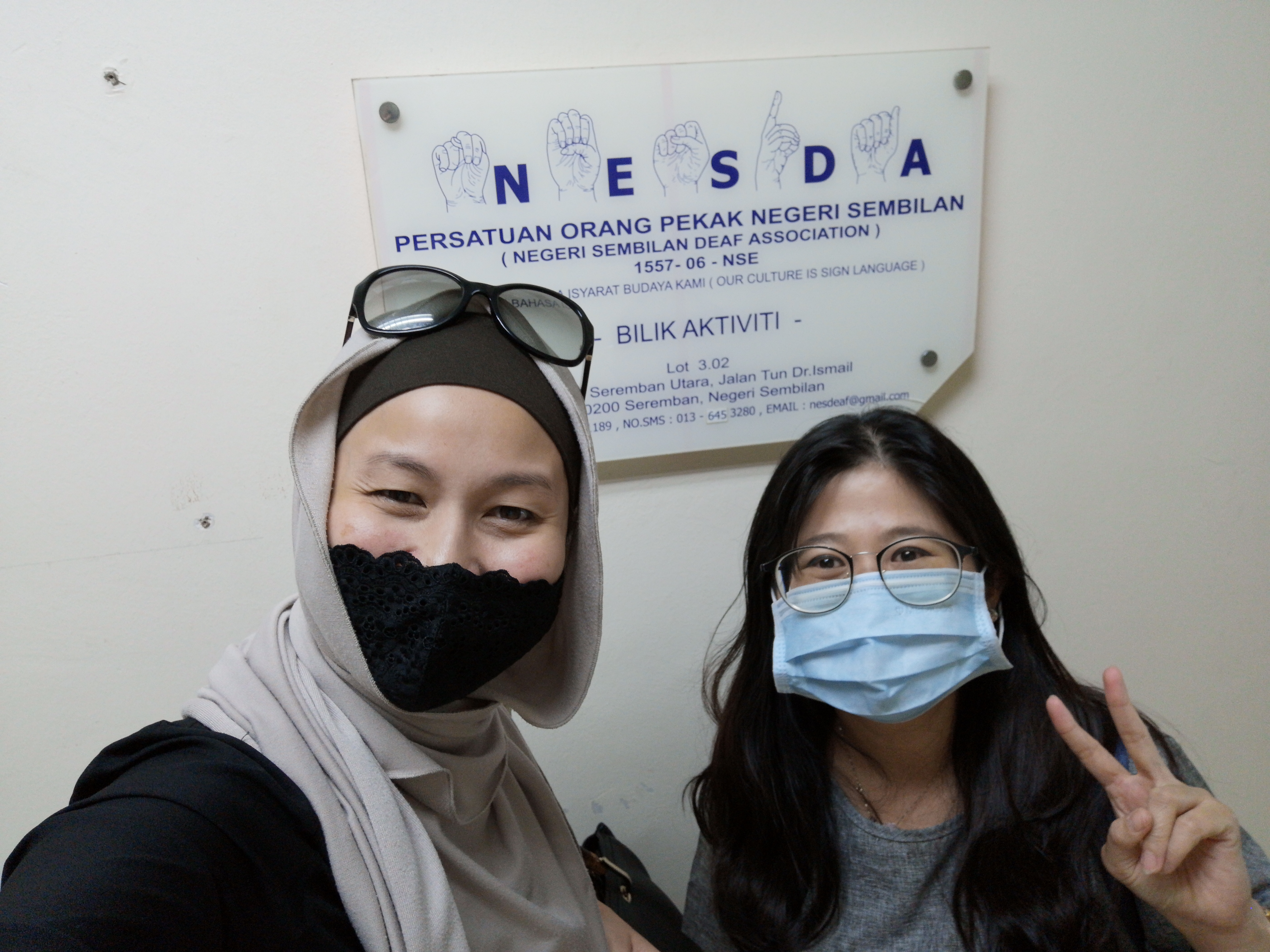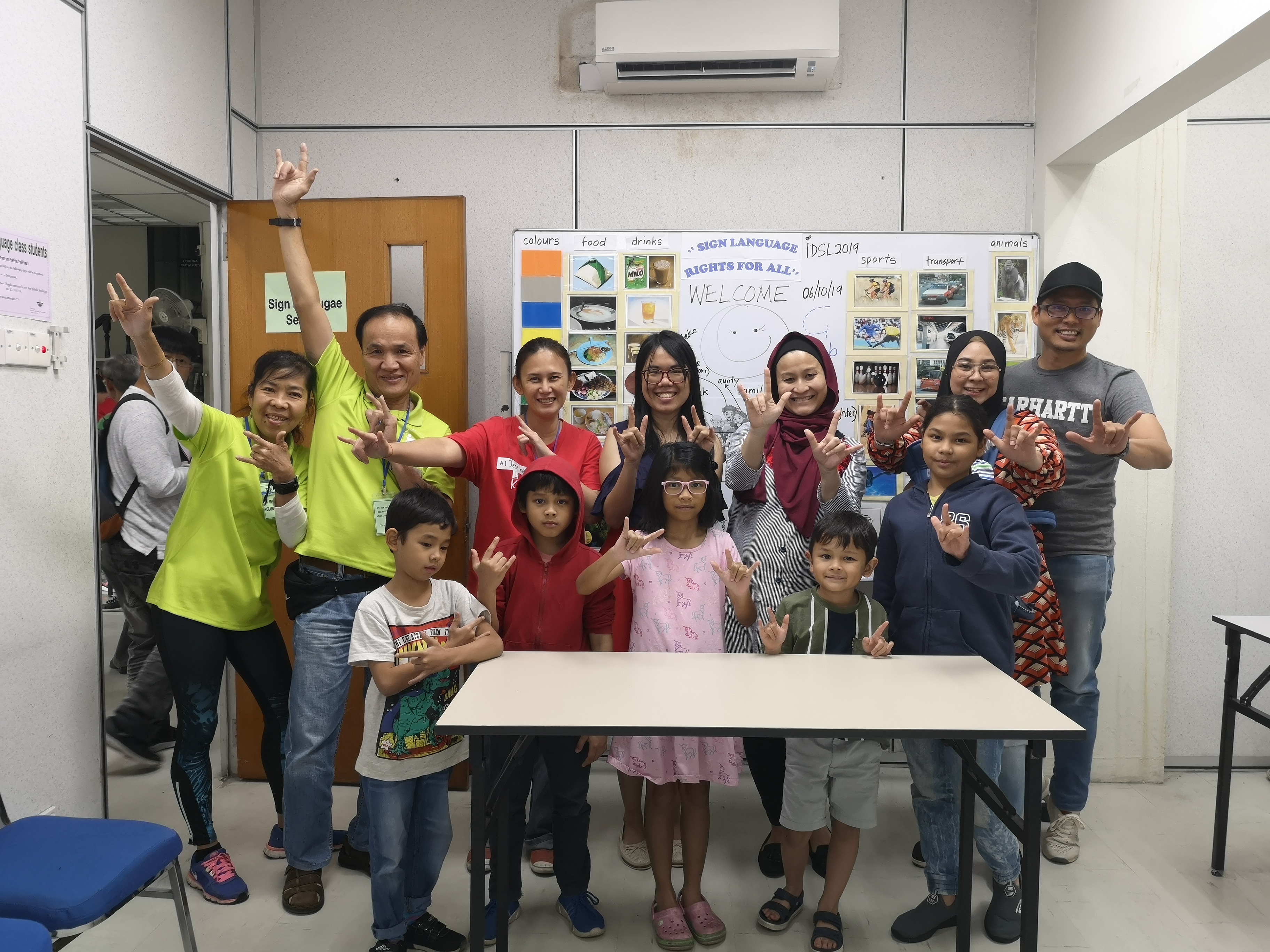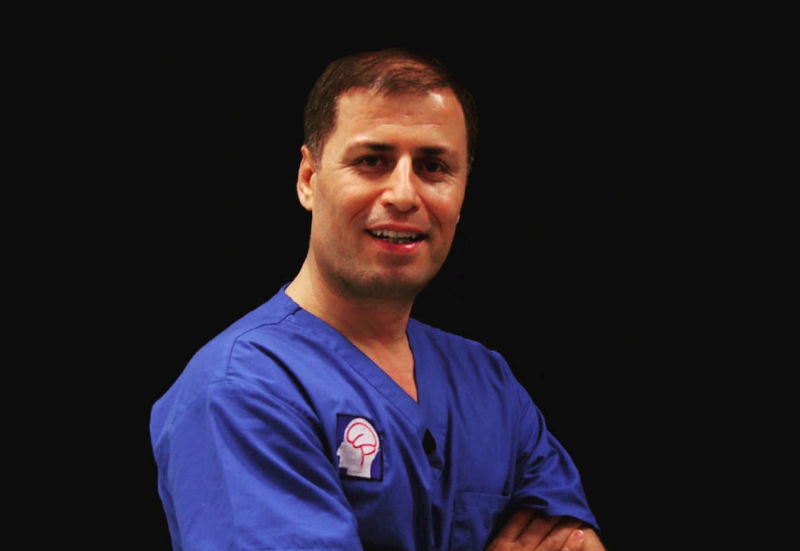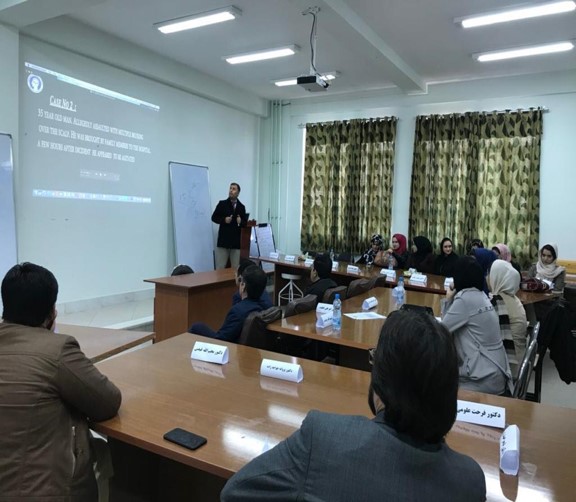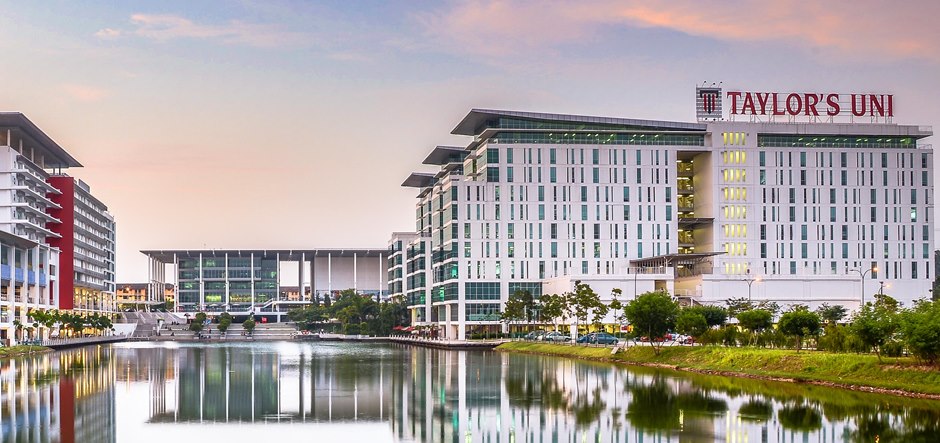What's It Like To Volunteer For A Good Cause? These Lecturers Share Their Experience
"Personally, I want to bring meaning to someone's life again, to be a part of their healing; bring joy and happiness back into their lives."
Based on a 2012 report by MATEC Web of Conferences, it was revealed that only seven out of 1,000 Malaysians are volunteers
While there are no recent numbers to indicate whether there has been a significant increase, studies and reports over the years have shown that the country still lacks volunteers.
Instead of volunteering, it has been reported that Malaysians have mostly contributed to society through monetary and in-kind donations. Although it's a good gesture, numerous NGOs have expressed their wish for Malaysians to go the extra mile by volunteering, especially among the youths.
So, why is volunteering important and beneficial?
Other than its impact on the community, volunteering has always been a great way to connect to more people. From working together with your peers and teammates, to communicating with the people you reach out to, volunteering can help to boost your social skills.
At the same time, it provides an eye-opening experience, giving you a renewed passion, motivation, and vision for your personal and career development. In other words, it can also boost your employability by teaching you valuable skills.
While most Malaysians have shared that time and convenience are one of the greatest barriers to volunteering, that actually isn't the case at all. Even contributing a few hours a week or a month can help you get the most out of volunteering. It can be as simple as helping NGOs distribute food essentials, or assisting the government by volunteering in vaccination centres. Additionally, there are many other platforms out there that make reaching out to the community so much easier.
In line with the Taylor'sphere ecosystem of going beyond intelligence, two Taylor's University academics understand that not only does volunteering impact the community, but it can also help to grow one's practical wisdom:
1. Meet Dr Wan Puspa Melati, a Clinical Sociologist and also a senior lecturer at the School of Liberal Arts & Sciences at Taylor's University
Passionate about volunteerism and serving the community, Dr Wan has been involved in numerous initiatives for more than 10 years.
Growing up, Dr Wan was taught by her dad, who was also a clinical sociologist, that it's important to be kind to others. He would often remind her that she should strive for a paid career, so that she can always reach out to those in need without requesting for monetary return. In the lead up to this, Dr Wan studied to become a clinical sociologist to fulfil her sense of purpose in life, which is to help others.
Building quite a portfolio for herself, Dr Wan has engaged with both local and international organisations, as well as managed grassroots empowerments and support group programmes
From learning sign language to assist the deaf community, to reaching out to single mothers, working closely with institutions that help young adults, volunteering in hospitals, and many more, Dr Wan has made quite a name for herself in various organisations.
In fact, one of Dr Wan's most memorable moments in her volunteering efforts was when she developed a very close relationship with the late Esther, who was deaf.
She met Esther in 2007, when she was learning the Malaysian Sign Language at YMCA, Brickfields. Even after completing the course, Dr Wan continued to keep in touch with Esther, enabling both of them to work together on activities for the deaf culture, as well as reaching out to deaf individuals.
"On 28 January this year, both of us managed to squeeze some time despite our busy schedules to discuss about a marital conflict case between a deaf couple."
However, little did she know that that would be the last time she met Esther.
"Six days later, I received a text saying that she has left us for good. That really affected me and put a halt to our plans – at least for now. I do hope that I am able to continue working with the deaf community in the near future, in her loving memory, and will forever cherish my experiences with her."
When asked about her advice to those who are looking to volunteer, she shared that one should never impose anything on others
"Always learn about what they want, what they need, and what support they hope from us. We are not the expert of their lives, and using our own yardstick can be detrimental in our volunteering roles."
Additionally, Dr Wan also shared that volunteers should take the initiative to carry out long-term volunteer work, as this helps to build rapport between them and individuals, making it meaningful and impactful in the long run.
As a person who is always on-the-go, Dr Wan juggles between lecturing in Taylor's University, while also holding various positions in institutions and doing community work.
2. Having come from a medical background, Dr Mohammad Jaweed, a senior lecturer at the School of Medicine at Taylor's University, also works as a healthcare medical volunteer on an annual basis
Born in Kabul, Afghanistan, Dr Jaweed knew he was destined to be a doctor since his childhood. This led to his accomplishment of achieving a Medical Doctor degree at Kabul Medical University, before he further completed his Master of Surgery Clinical at the University of Malaya.
On top of that, in 2009, Dr Jaweed also joined University Malaya Medical Centre's department of Neurosurgery. As a neurosurgical trainee, he learned about the management of head traumas, brain tumours, and congenital paediatric anomalies, among others.
What makes Dr Jaweed one of a kind is that he uses his medical expertise to engage in humanitarian work in numerous countries, including Afghanistan, Pakistan, Indonesia, Kenya, and more. He has done everything in the medical field, from performing surgeries to managing outpatient clinics, emergency departments, and burn units. He has also spent a day at an orphanage, performing medical checkups and preparing home-cooked meals for over 45 children.
Throughout his years of volunteering, Dr Jaweed shared that his experience in Kenya was the most memorable and unique, in terms of the language, culture, and environment
Another memorable moment was when he came across a 94-year-old grandmother, who had a severe abscess (a collection of pus which causes severe swelling and inflammation) on her right palm, and compartment syndrome (where the muscle is pressurised, which can damage the nerves and obstruct blood flow).
"She needed an urgent operation or she would lose her fingers due to the blocked blood supply. I urged the medical officer to prepare her for an operation; however, there were many other shortages which hindered the process."
Dr Jaweed performing his surgery on the 94-year-old grandmother
Image via Dr Mohammad Jaweed (Edited by SAYS)There was no anaesthesiologist around and the hospital lacked proper tools for the surgery. To overturn the situation, Dr Jaweed was appointed the anaesthesiologist and the Chief General Surgeon to perform the operation, which took place under low lighting and with inadequate tools.
In spite of their difficulties, the surgery was successful and the grandmother became stable.
"After the operation, I made my rounds again and saw that within four hours, she made an astounding recovery. She could move her fingers again and seeing the happiness in her eyes was the most exciting part of my trip."
Volunteering in different countries has always been an eye-opening experience to Dr Jaweed, due to the different cultures and language barriers
Dr Jaweed talking about his experience during a sharing session
Image via Dr Mohammad Jaweed (Provided to SAYS)"Even without a medical background, I strongly encourage everyone to have at least one volunteering experience and contribute to society. Volunteering is about helping a complete stranger who needs you the most and the rewards are far beyond expectation. Just extending a little help can make a huge difference in someone else's life – and in your own."
"Personally, I want to bring meaning to someone's life again, to be a part of their healing; bring joy and happiness back into their lives."
Taylor's University has always believed in going beyond the classroom, so that youths can get the most out of their education
In fact, by working with students, lecturers, and companies, Taylor's even kickstarted their very own Corporate Social Responsibility (CSR), Taylor's Community, to transform charity into sustainable programmes.
From carrying out programmes focusing on women, to building e-learning platforms for the less fortunate, Taylor's believes in giving back to the community, while also ensuring that they deliver impactful CSR projects.
Additionally, the education group has also established a student volunteer organisation, Taylor's C.S.I Volunteers, as a platform for students to volunteer and discover just how eye-opening doing humanitarian work can be.
To find out more about Taylor's University and how they're making a difference in the community, you can head over to their website
